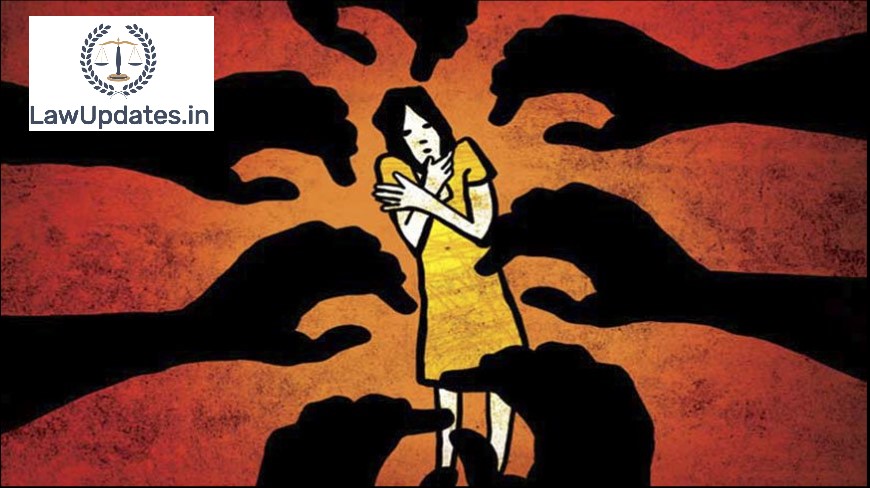Bench decides to hear arguments on laying down procedure if statements of corruption are made in public against sitting as well as retired judges.
The Supreme Court on Monday decided to launch a detailed examination into the circumstances under which a person can make public allegations of corruption against the judiciary.
A three-judge Bench led by Justice Arun Mishra also decided to hear arguments on laying down a procedure to be adopted if such statements of corruption are made in public against sitting as well as retired judges.
Prashant Bhushan case
The Bench framed the two questions while hearing a contempt case initiated against advocate Prashant Bhushan for his remarks on corruption in judiciary in an interview to Tehelka magazine published in 2009.
“In what circumstances can such statements [on judicial corruption] be made? Under what circumstances can these allegations need to be made public… We need to hear arguments on these issues”, Justice Mishra observed, listing the case for hearing on Monday.
The Bench referred to the majority judgment delivered by Justice (as he was then) J.S. Verma for a Constitution Bench in 1992 concerning the removal of Justice V. Ramaswami, a Supreme Court judge.
The judgment had laid down the procedure to deal with allegations against a sitting judge. The judge had to be given a fair opportunity to be heard before an inquiry committee formed under the Judges Inquiry Act of 1968. The judgment had limited the inquiry process against a judge to be done within a tight and limited circle of high judicial functionaries and parliamentarians. It did not want “busybodies to meddle”. The dominating spirit of the 1992 judgment was to “preserve the right, interest and dignity of the judge, which is commensurate with the dignity of all the institutions and functionaries involved in the process”.
The Bench said the judgment was against publicly making allegations against judges.
A bad decision: Dhavan
But senior advocate Rajeev Dhavan, for Mr. Bhushan said the “idea that you [a critic] cannot go to the Press is a bad decision”. He suggested that the questions framed could be referred to a larger Bench. He also referred to a judgment given by the same Bench on August 14 in a suo motu contempt case against Mr. Bhushan for his tweet on a photograph of Chief Juatice of India Sharad A. Bobde on a motorbike and another on the role of the Supreme Court in the past six years.
The Bench had convicted Mr. Bhushan for contempt by scandalising the court. A sentence hearing is due on August 20.
“We intend to file a review. It [judgment] suffers from great imbalances”, Mr. Dhavan said.
At this point, senior advocate Kapil Sibal for the former editor-in-chief of Tehelka, Tarun Tejpal, intervened to urge for a quietus in the 2009 contempt case. Mr. Dhavan also agreed, saying “a closure may be put to this [case]”.
Justice Mishra addressed Mr. Dhavan, saying “we wanted to close this case but you said you need to be heard”.
In his affidavit filed recently in the 2009 contempt case, Mr. Bhushan objected to the court’s view that his remarks on judicial corruption amounted to “per se contempt”.
Allegations of corruption cannot be “per se” contempt because truth is a defence to contempt proceedings, he has argued. He said truth was a defence under Section 13 (b) of the Contempt of Courts Act, 1971. “When such truth/defence is invoked, the court to hold the alleged contemnor guilty of contempt will have to necessarily return a finding that (a) such defence is not in public interest; and (b) the request for invoking such defence is not bona fide”, he said.
The senior lawyer stated that he used the word ‘corruption’ in a wider sense to include any act of impropriety other than merely financial corruption. “Corruption in public life has a wide and expansive definition. Corruption is not restricted to pecuniary gratification alone but various instruments identify its particular forms such as bribery, embezzlement, theft, fraud, extortion, abuse of discretion, favouritism, nepotism, clientelism, conduct creating or exploiting conflicting interests”, he said.




